| Content | The first volume, entitled “Islamic Thought: Book One”, consists of topics concerning God, humanity, the world, and the afterworld. The second collection, entitled “Islamic Thought: Book Two”, is comprised of the subjects of prophethood [nubuwah], Imamate, religious authority [marja’īah], and religious vicegerency [wilāyah]. The proportions of these books have been adapted to two study units each.
The structure of the introduction has been adapted to conform to the curriculum suggested by the Administration. This modified chapter has been named “Religion in the Modern World” which investigates the crises of modern humanity and related causes and factors and explains the function of religion in resolving these crises.
In the discussion concerning theology, while elucidating the methods of realizing God, the “Kalām Cosmological Argument” has been discussed in detail in the section entitled “The Way of Intellect”.
The policy of the Administration regarding introduction of contemporary Kalām discussions into the book was to do so gradually while simultaneously observing the necessary symmetry of the topics. Therefore, issues such as religious experience, benefits of religion, science and religion, and polytheism [kithrat girā’ī] have been introduced and existing materials have been enhanced in the second edition.
In this edition, the discussions concerning eschatology [ma’ād] and Imamate have been revised and the discussions on Imamate have been broadened. Additionally, discussions on religious authority [marja’īah] and religious vicegerency [wilāyah] have been revised in order to increase content accuracy and adjust the volume of this discussion. Furthermore, we have endeavored to answer all questions concerning these topics.
HEAVILY SUBSIDIZED BY WWW.ISLAMICTHOUGHT.CO.UK | This text presents an analysis of polytheism with respect to God and idols, using the Holy Quran as reference. It also studies idolatry with respect to resurrection and refutes that concept logically while explaining the essence of monotheism.
HEAVILY SUBSIDIZED BY WWW.ISLAMICTHOUGHT.CO.UK | Principles of good governance in the letter of Ali to al-Ashtar refers to a set of instructions and advice for rulers, reputedly addressed at Malik al-Ashtar (d. 657), the Arab military commander and an ardent supporter of Ali ibn Abi Talib (d. 661), who was the fourth Rashidun caliph (r. 656–661), the first Shia imam, and the cousin and son-in-law of the Islamic prophet Muhammad. The letter is attributed to Ali and outlines his conception of just and righteous governance, following the appointment of al-Ashtar as the new governor of Egypt circa 657 CE. Among the earliest extant records about Islamic rule, the letter has received considerable attention throughout the Muslim history as a blueprint for Islamic governance. The theme of the letter can be summarized as justice and compassion for all, regardless of class, creed, and color. Malik was killed en route to Egypt to assume his new post at the instigation of Mu'awiya, the archenemy of Ali.
HEAVILY SUBSIDIZED BY WWW.ISLAMICTHOUGHT.CO.UK | This book aims to establish a suitable method of communication with Wahhabis to familiarize them with Shi‘ism, and to prepare a proper ground for their conversion to the school of thought of the Household of the Prophet, peace be upon them. The author Dr Isam wrote book against the Shia accusing them of heresy, before he himself saw the light and converted to Shiaism.
HEAVILY SUBSIDIZED BY WWW.ISLAMICTHOUGHT.CO.UK | Since 9/11, "Islam" has become a buzzword, conjuring fiery images of fundamentalists and fanatics on a mission to bring down Western culture. This sensible book is a welcome reminder that Islam is a much more complex belief system -- one that in fact reflects and teaches progressive, humane values. Jafri covers progressive concepts of Islam, sectarian violence in the Islamic world, international terrorism and peace, the concept of social justice, freedom and rationalism in Islam, the status of women and human rights, and more. | Class 3 Fiqh by Majlis-e-Ulama Shia folder is used by most centres in UK. Topics covered (1) Furoo e deen (2) Concept of sin (3) Islamic terminology (4) Wudhu (5) Adhaan & Iqaamah (6) Salaah (7) Zakaat (8) Khumus (9) Hijaab (10) Ramadhan (11) Hajj. One of the best best Madressa available in English.
HEAVILY SUBSIDIZED BY WWW.ISLAMICTHOUGHT.CO.UK |

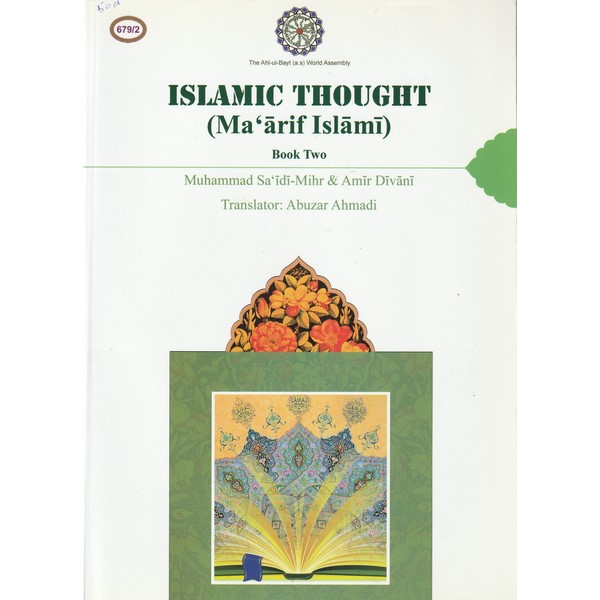
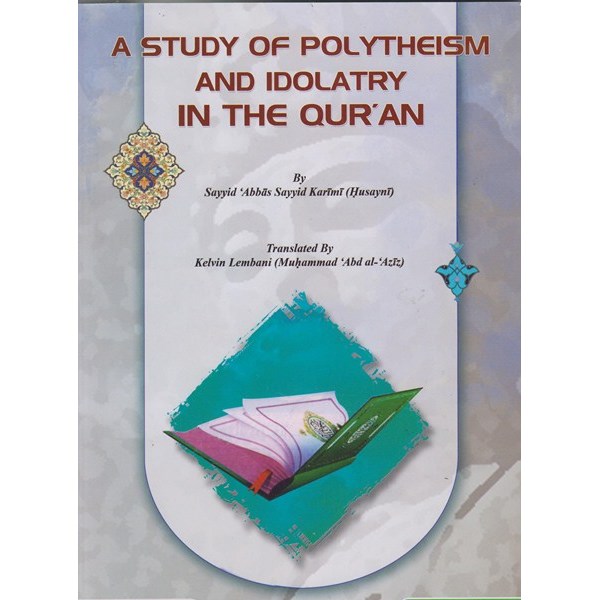
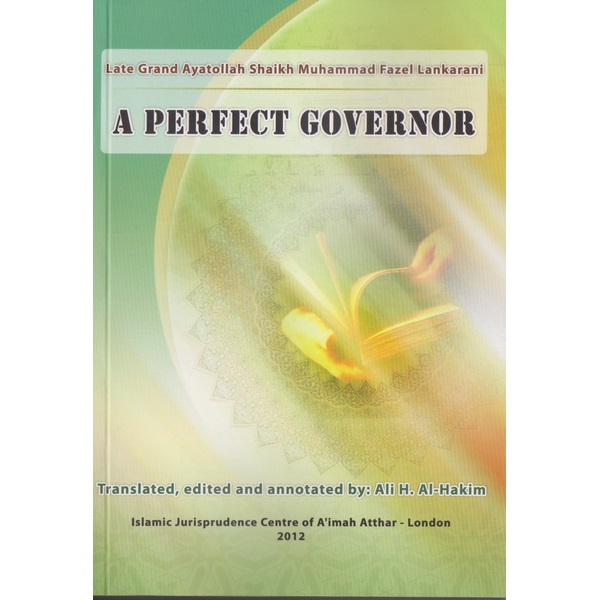
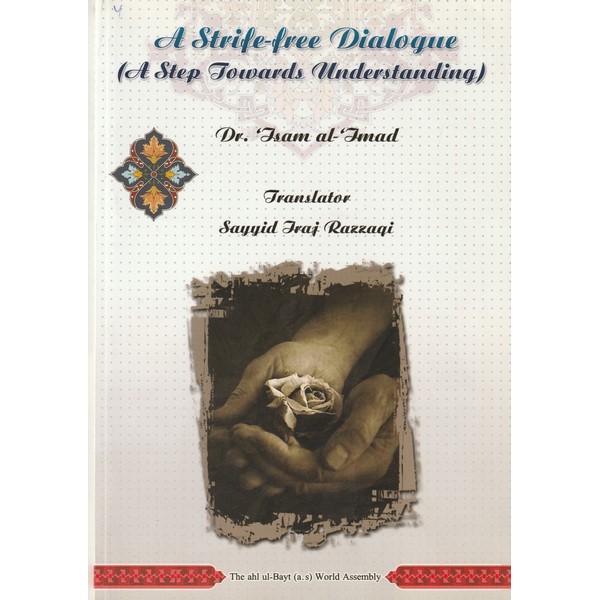
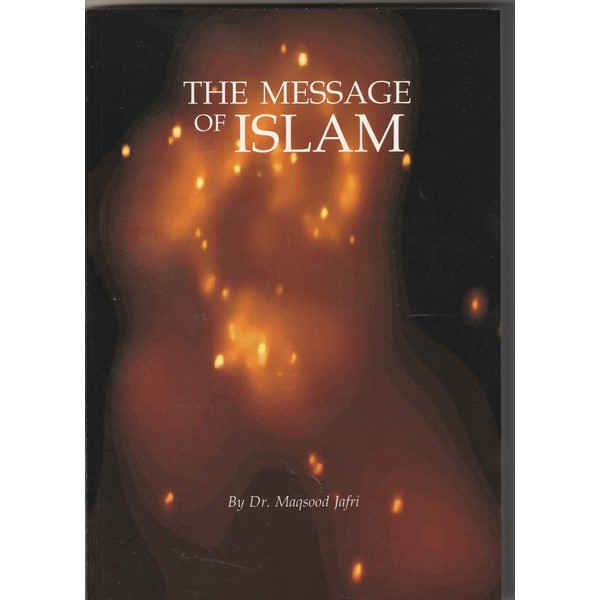
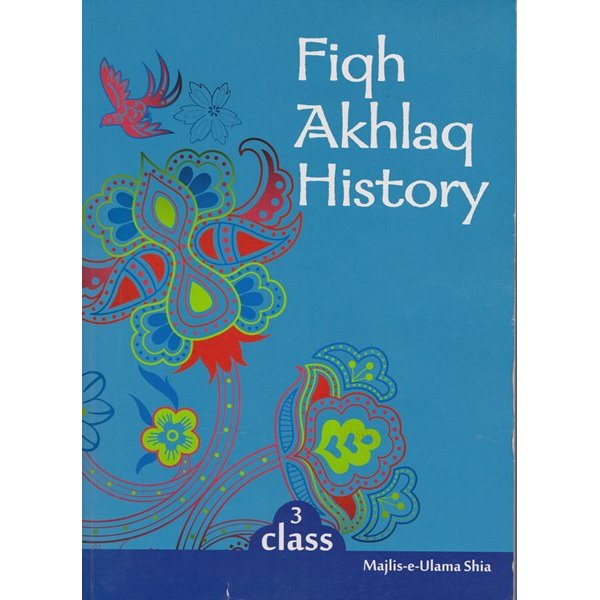
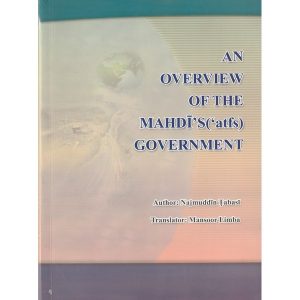
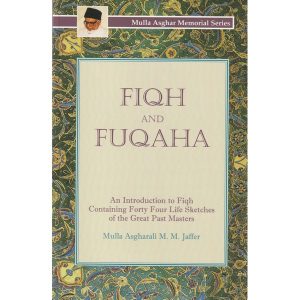
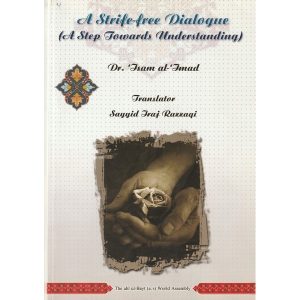
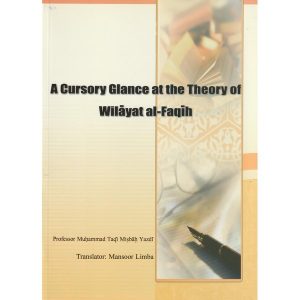
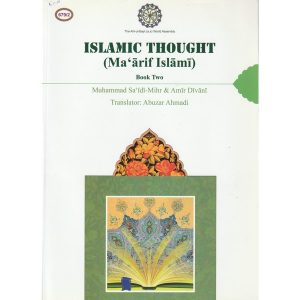
Reviews
There are no reviews yet.